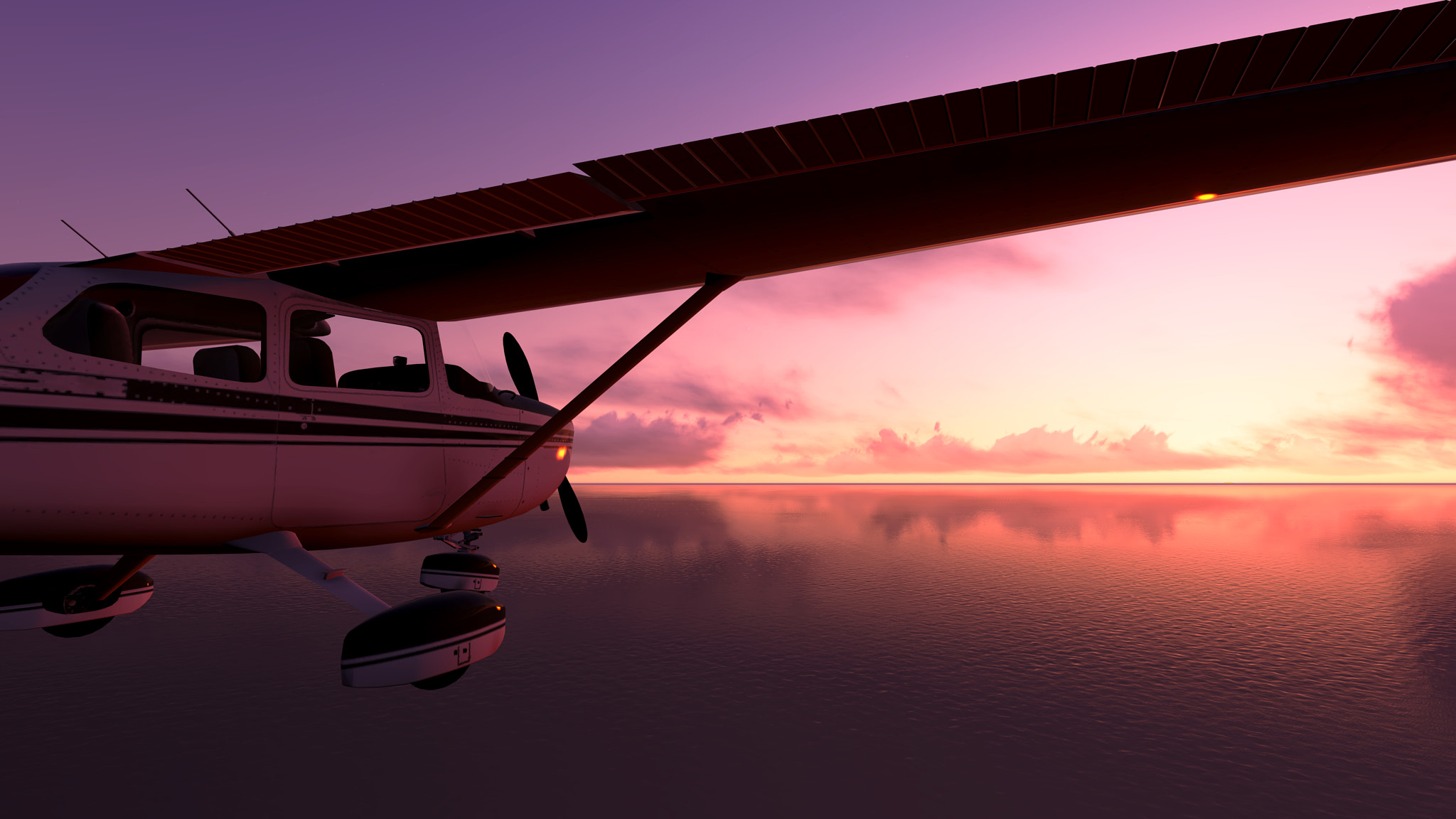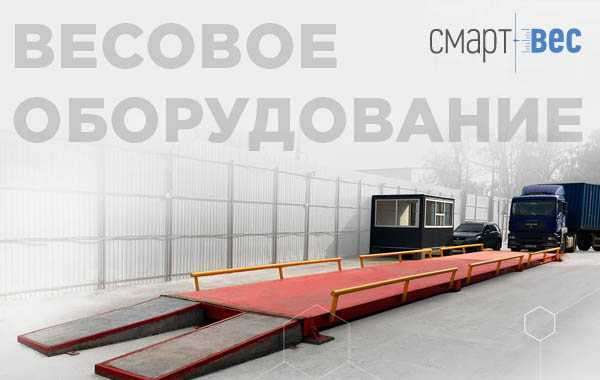In recent years, the private aviation industry has undergone vital transformations, pushed by advancements in know-how, changing shopper preferences, and a rising emphasis on sustainability. This text explores the demonstrable advances in private aviation, focusing on improvements that are reshaping the landscape of air journey for individuals and companies alike.
One of the notable developments in private aviation is the development of extra environment friendly and environmentally pleasant aircraft. Manufacturers are more and more investing in analysis and improvement to create jets that devour less gas and produce fewer emissions. For instance, the introduction of sustainable aviation fuel (SAF) is a game-changer within the business. SAF is derived from renewable assets, resembling plant supplies and waste, and may scale back carbon emissions by as much as 80% in comparison with traditional jet fuel. Main gamers in the aviation sector, together with Bombardier and Gulfstream, are already integrating SAF into their operations, making strides towards a greener future.
Along with sustainable fuels, the design of private jets has also advanced to enhance performance and consolation. The latest models function advanced aerodynamics and lightweight materials, which improve fuel effectivity and reduce operational prices. For example, the Bombardier Global 7500, one of the vital advanced business jets in the marketplace, boasts a range of 7,700 nautical miles and can fly non-cease from New York to Hong Kong. Its revolutionary wing design and highly effective engines contribute to its outstanding effectivity, making it a popular selection amongst high-internet-price individuals and company executives.
Another significant development in private aviation is the integration of cutting-edge technology into the cabin expertise. Modern private jets are outfitted with state-of-the-artwork entertainment systems, high-pace internet connectivity, and sensible cabin management programs that enable passengers to manage lighting, temperature, and entertainment choices from their gadgets. Corporations like Embraer and Dassault Aviation are main the way in which in creating luxurious interiors that prioritize passenger comfort and comfort. The Embraer Praetor 600, for instance, options a totally equipped galley, spacious seating preparations, and a cabin altitude of simply 6,000 toes, guaranteeing a pleasant flying expertise.
Moreover, the rise of digital platforms has remodeled how individuals access private aviation providers. The emergence of on-demand charter providers and fractional ownership fashions has made private flying extra accessible than ever. Companies similar to JetSuiteX and Surf Air supply scheduled flights on private jets, allowing passengers to guide seats on a per-flight basis with out the commitment of proudly owning a whole aircraft. This flexibility appeals to a broader viewers, from enterprise travelers needing to reach remote places rapidly to leisure travelers looking for a more personalized travel expertise.
Additionally, using cell applications for booking and managing private flights has streamlined the method, making it simpler for customers to check options, test availability, and receive actual-time updates. These technological improvements have democratized private aviation, decreasing the barriers to entry for potential customers and increasing the market.
Security and safety have always been paramount in aviation, and current advancements have further enhanced these important points of private flying. The implementation of advanced avionics and safety systems has improved situational consciousness for pilots, reducing the probability of accidents. Technologies reminiscent of synthetic vision methods, which give a 3D view of the terrain and obstacles forward, and enhanced floor proximity warning programs at the moment are customary in many new aircraft. Furthermore, the integration of synthetic intelligence (AI) into flight operations is poised to revolutionize safety protocols. AI can analyze vast quantities of data in real-time, offering pilots with priceless insights and alerts about potential hazards.
The rising significance of health and safety in the wake of the COVID-19 pandemic has also led to improvements in private aviation. Enhanced cleaning protocols, touchless know-how, and improved air filtration systems at the moment are commonplace in many private jets. Cabin air is usually filtered via excessive-effectivity particulate air (HEPA) programs, which capture 99.97% of airborne particles, together with viruses and micro organism. This concentrate on health and security has made private aviation an appealing choice for travelers involved about exposure in industrial airports and aircraft.
As the business continues to evolve, the concept of urban air mobility (UAM) is gaining traction. The development of electric vertical takeoff and touchdown (eVTOL) aircraft promises to revolutionize short-distance journey, permitting passengers to bypass floor visitors and attain their locations more quickly. Companies like Joby Aviation and Archer are on the forefront of this innovation, working to bring eVTOL aircraft to market within the following few years. These aircraft are designed to operate in city environments, providing a brand new mode of transportation that would complement traditional private aviation providers.

Moreover, the rise of autonomous flying technology is on the horizon, with several firms exploring the potential for pilotless aircraft. Whereas absolutely autonomous industrial flights may still be years away, advancements in automation and remote piloting may soon change the way in which private flights jets operate. This expertise has the potential to reduce operational prices and improve security by eradicating human error from the equation.
In conclusion, the private aviation trade is experiencing a remarkable transformation driven by technological advancements, a deal with sustainability, and changing consumer calls for. From more environment friendly and environmentally friendly aircraft to enhanced cabin experiences and revolutionary booking platforms, these developments are reshaping the future of air travel. Because the industry continues to evolve, we will anticipate to see even more groundbreaking improvements that may redefine what it means to fly privately. The future of private aviation is bright, providing thrilling prospects for travelers looking for convenience, luxurious, and sustainability of their flying experiences.








